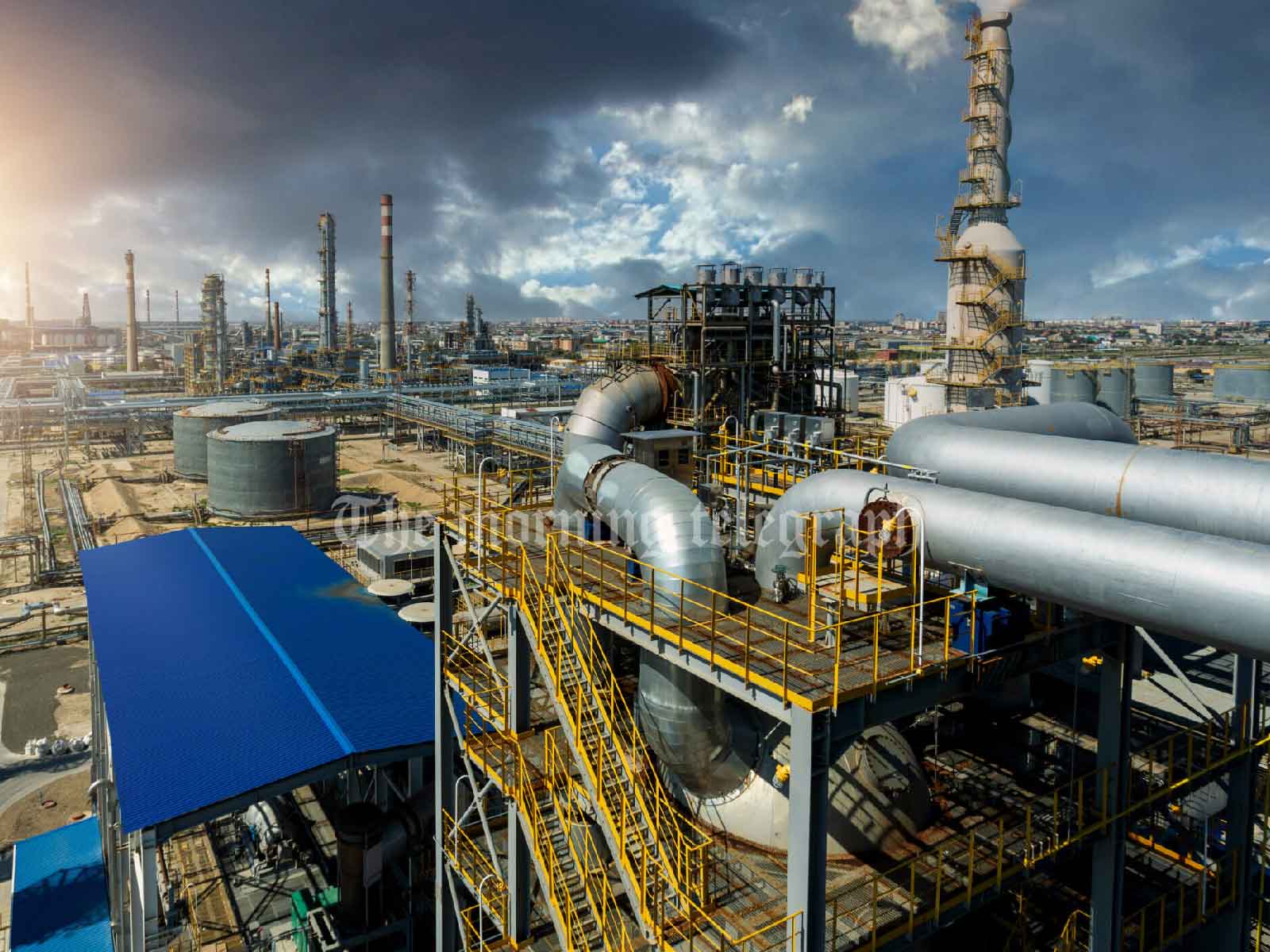
The newly formed government, under President Anura Kumara Dissanayake, has announced the resumption of the liquefied natural gas (LNG) procurement process, which was previously suspended under former President Ranil Wickremesinghe’s administration. This includes the development of a floating storage regasification unit (FSRU) and an LNG pipeline to address the country’s ongoing energy crisis.
In August 2023, the Cabinet under Wickremesinghe halted the delayed LNG procurement process, citing concerns over the project’s cost and execution. However, government officials argue that LNG is now essential for stabilizing the country’s energy supply. The Ceylon Electricity Board (CEB) spokesperson, Engineer Dhanushka Parakramasinghe, highlighted the importance of LNG as a primary resource for the country’s two LNG-based power plants, Yugadanavi and Sobadhanavi. Together, they have a total capacity of nearly 650 MW, but both plants have been forced to rely on costly fuel alternatives. The Sobadhanavi plant, which is newly completed, has been unable to operate as planned due to the high cost of diesel.
The LNG supply, which is expected to be a more affordable and sustainable energy source, is seen as a vital step towards addressing the power shortages the country is facing. After the cancellation of the tender by the previous government, India’s Petronet offered LNG supply, but the current administration has decided to move forward with the prior tender process. The decision has been welcomed by experts who stress that securing a stable LNG supply will ease the pressure on the country’s power grid.
Officials also underscored the importance of restarting the project to reduce the reliance on expensive fossil fuels and ensure a more cost-effective energy future for the country.






